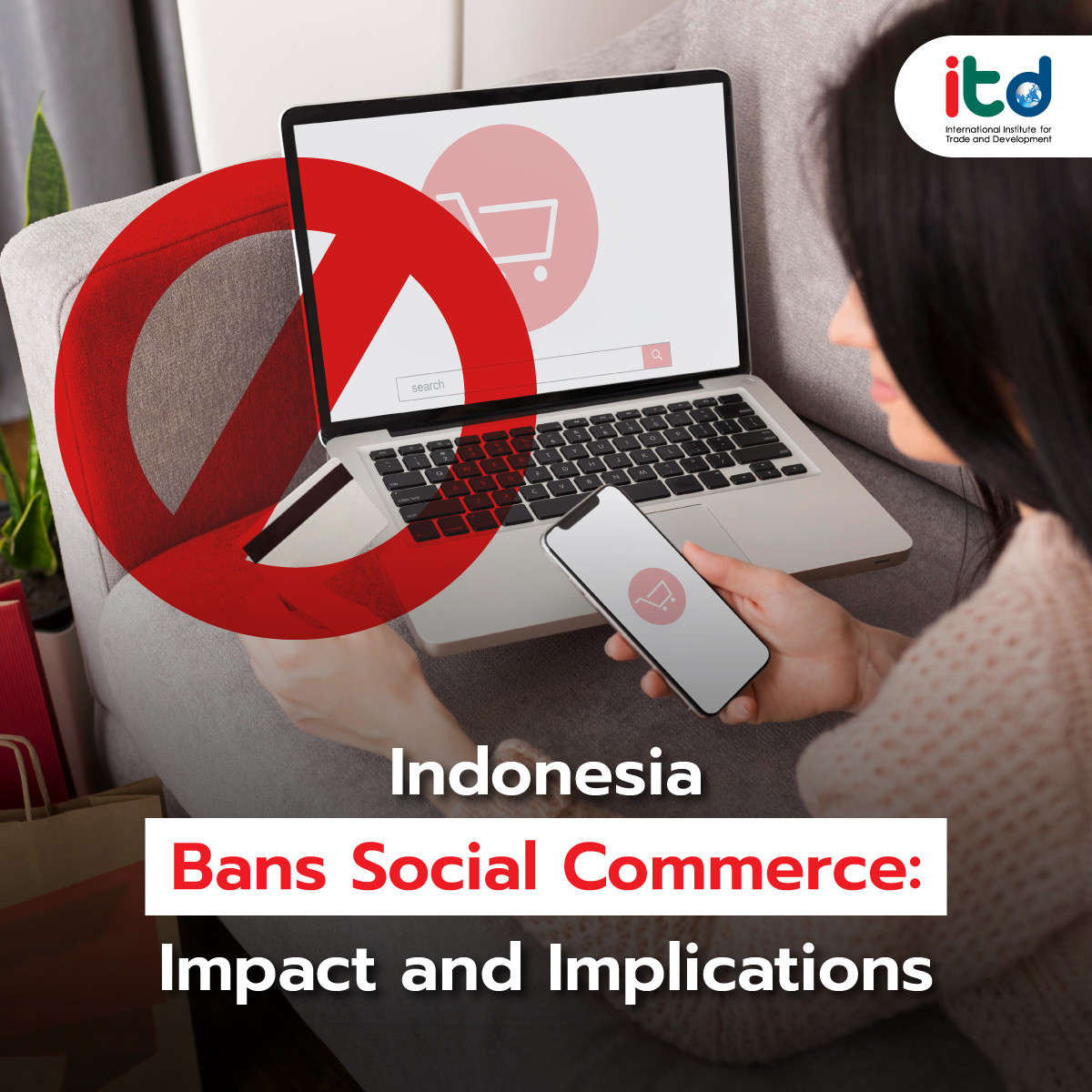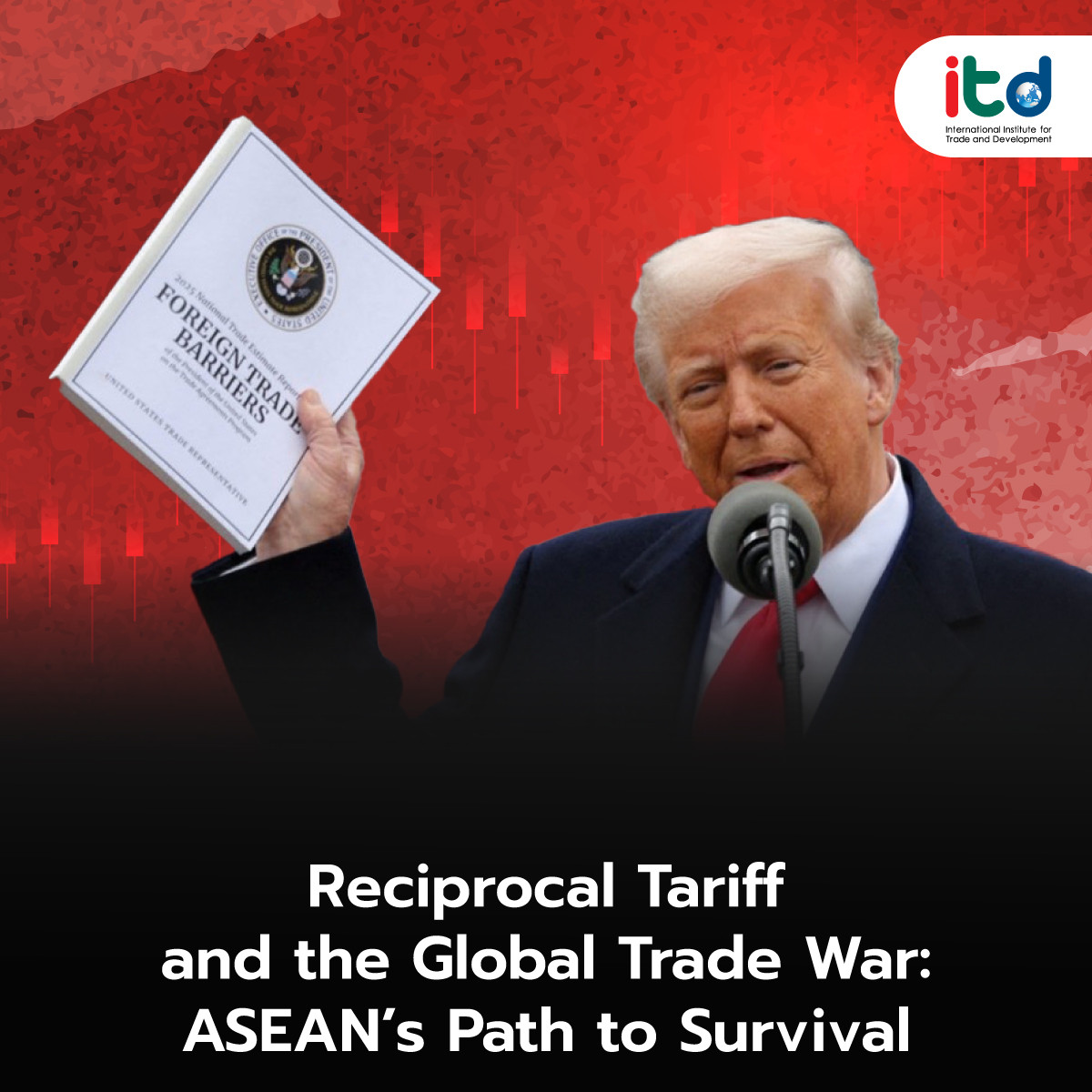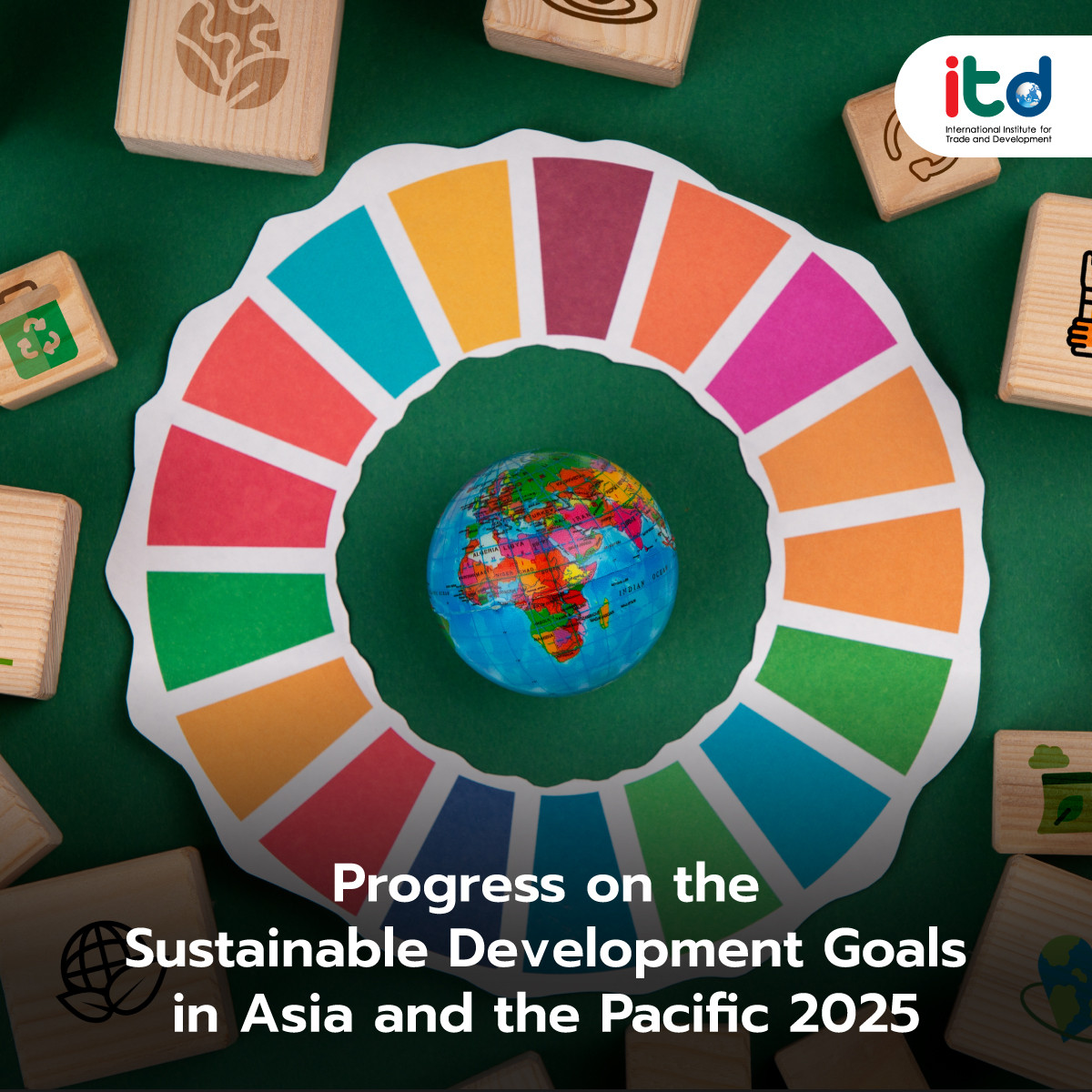About Documents
Indonesia is a rapidly growing e-commerce market and a significant player in the ASEAN region. The DIGITAL 2023: INDONESIA report states that as of January 2023, Indonesia had 167 million social media users, accounting for approximately 60.4% of the population. Indonesians spent an average of 3 hours and 18 minutes per day on social media, highlighting the significant role of social media in their daily lives.
E-commerce in Indonesia primarily operates through two main channels: e-commerce platforms such as Tokopedia, Shopee, Lazada, Bukalapak, and Blibli, and social commerce, which involves buying and selling online through social media platforms like TikTok, Facebook, and Instagram.
However, by the end of September 2023, the Ministry of Trade of Indonesia announced a stringent regulation affecting social commerce. E-commerce services providers with a social commerce business model are significantly restricted from facilitating electronic payments within their platforms by the regulation.
Although not an outright ban, the regulation exerts significant control over key aspects of the purchasing process, hindering a complete and seamless buying and selling experience. The rationale behind the regulation was to protect Small and Medium Enterprises (SMEs) impacted by the growth of social commerce and the influx of foreign products. The objective was to foster fair competition and level the playing field for businesses.
SMEs in Indonesia have been experiencing a continuous decline in sales since the onset of the COVID-19 pandemic, as people shifted towards online purchases, reducing foot traffic to physical stores. This affected businesses that relied solely on traditional retail channels, including even large shopping mall that had to close down in Indonesia. On the flip side, some SMEs adapted by venturing into online platforms, including leveraging social commerce, to generate good revenue.
As a result of the new regulation, various social media platforms with online purchasing features, including TikTok, were significantly impacted. TikTok, in particular, considered Indonesia as its second-largest market after the United States and Indonesia was fist to pilot TikTok’s e-commerce feature. The app ranked fifth in online sales in Indonesia, accounting for about 5% of the country’s total, with over 6 million sellers on the platform.
Social commerce emerged to address issues related to reaching customers and facilitate easy and informal access to the online market. SMEs and start-ups frequently utilize social commerce as a primary channel for their business operations. The ban on social commerce to protect SMEs could potentially affect SMEs who operate online stores and impede the progress of digital economy development.
While protecting SMEs is crucial, the necessary adaptation of SMEs is unavoidable. The influx of foreign products and the advancement of the digital economy cannot be ignored. Therefore, the ban on social commerce in Indonesia has both pros and cons. However, with the government’s strong stance against buying and selling products through social media, there are need to adapt and plan for the future.
Author
Ms. Patcha Thamrong-ajariyakun
Senior Researcher
International Institute for Trade and Development (Public Organization)
www.itd.or.th
Publication: Bangkok BIZ Newspaper
Section: First Section/World Beat
Volume: 37 Issue: 12491
Date: Wednesday, 18th October 2023
Page: 8 (left-hand side)
Column: “Insight ASEAN”






